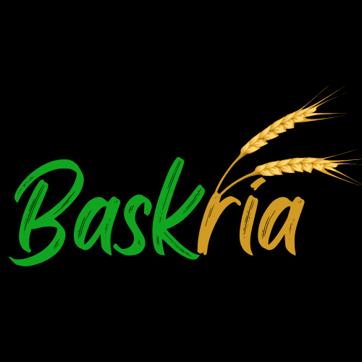The Golden Grain: Wheat's Remarkable Journey Through Human History
Wheat, humanity's oldest cultivated grain, has been a cornerstone of civilization for over 10,000 years. Originating in the Fertile Crescent of the Middle East, this remarkable grain transformed human societies from nomadic hunter-gatherers to settled agricultural communities. Nutritionally, wheat is a powerhouse of essential nutrients, providing complex carbohydrates, protein, fiber, vitamins, and minerals. Its versatility allows it to be transformed into countless food products - from bread and pasta to pastries and breakfast cereals. Globally, wheat feeds approximately 35% of the world's population, making it the most widely consumed staple food. Countries like China, India, Russia, and the United States are leading wheat producers, contributing significantly to global food security. Beyond nutrition, wheat has profound economic importance, representing a multi-billion dollar global industry that supports millions of farmers and agricultural workers worldwide. Its cultivation has shaped agricultural practices, trade routes, and even geopolitical relationships. Modern agricultural innovations have dramatically increased wheat yields, with genetic research and sustainable farming techniques helping to address global food challenges. However, wheat also faces challenges from climate change, requiring continuous adaptation and resilience. From ancient civilizations to modern dinner tables, wheat remains an extraordinary grain that continues to nourish, connect, and sustain human populations across the globe.


My post content





